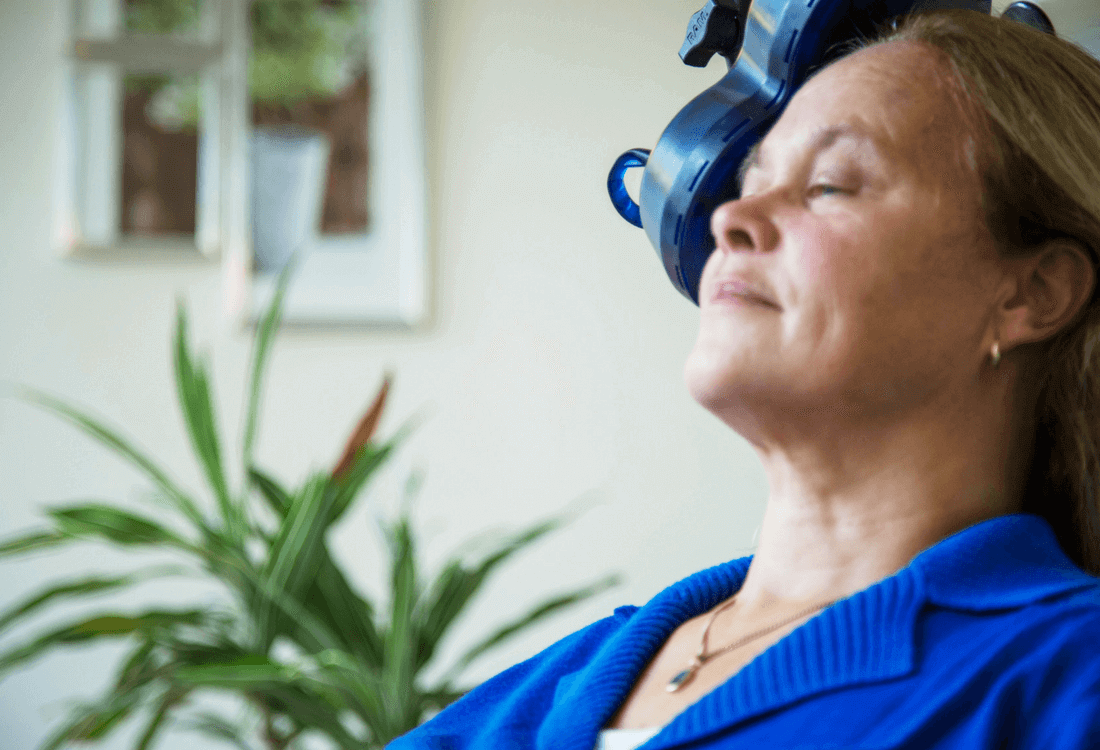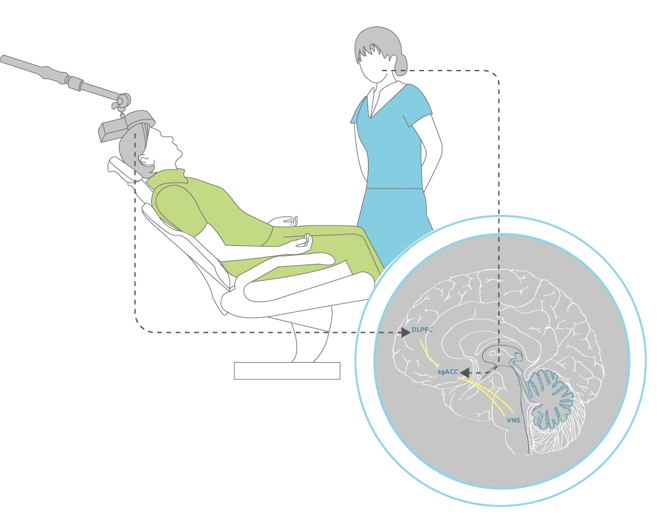February 6, 2018 - neurocare group

February 6, 2018 - neurocare group

Repetitive Transcranial Magnetic Stimulation (rTMS or just ‘TMS’) can be an effective and non-invasive way to help people with Major Depressive Disorder (MDD), with long-term effects typically noticed in an average of 25 sessions and high efficacy when delivered together with Psychotherapy. Whilst health insurance providers in countries like The Netherlands and the United States offer reimbursement for the therapy, patients in most other countries need to consider intensive up-front cost of TMS treatment, with therapy sessions required at least two times per week.
A recent study has now compared the overall cost of TMS treatment with standard pharmacological interventions for the disorder (i.e. antidepressant medications), taking into consideration direct financial cost as well as “Quality Adjusted Life Years” (QALYs). Given current costs of treatment, the findings show that TMS is more cost-effective over the life-span of adults with MDD, compared to antidepressant medication trials.

However, in many countries TMS is usually only recommended for patients after having failed several antidepressant medication trials. These findings therefore support TMS being a recommended earlier in a patient’s treatment journey, given it is found to be more cost effective than standard pharmacological interventions for MDD. (Voigt, Carpenter & Leuchter (2017)
Other Articles
Sep. 21, 2022
Aug. 7, 2024
Jan. 20, 2025
Learn more about who we help, our therapeutic model and our global network of clinics.
Learn more about our DTP, innovative technologies and training academy for health professionals and researchers.
Copyright © neurocare group AG 2026